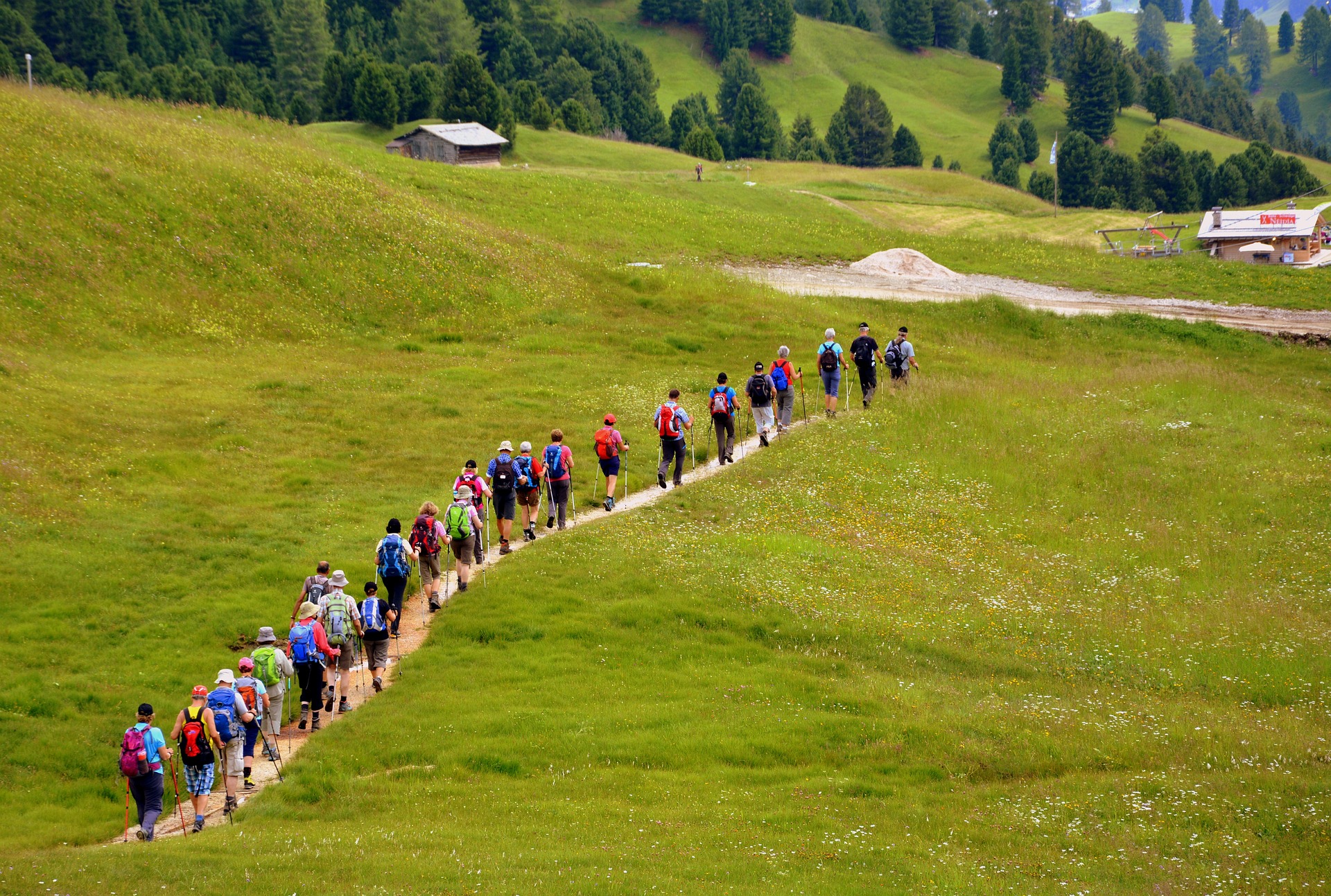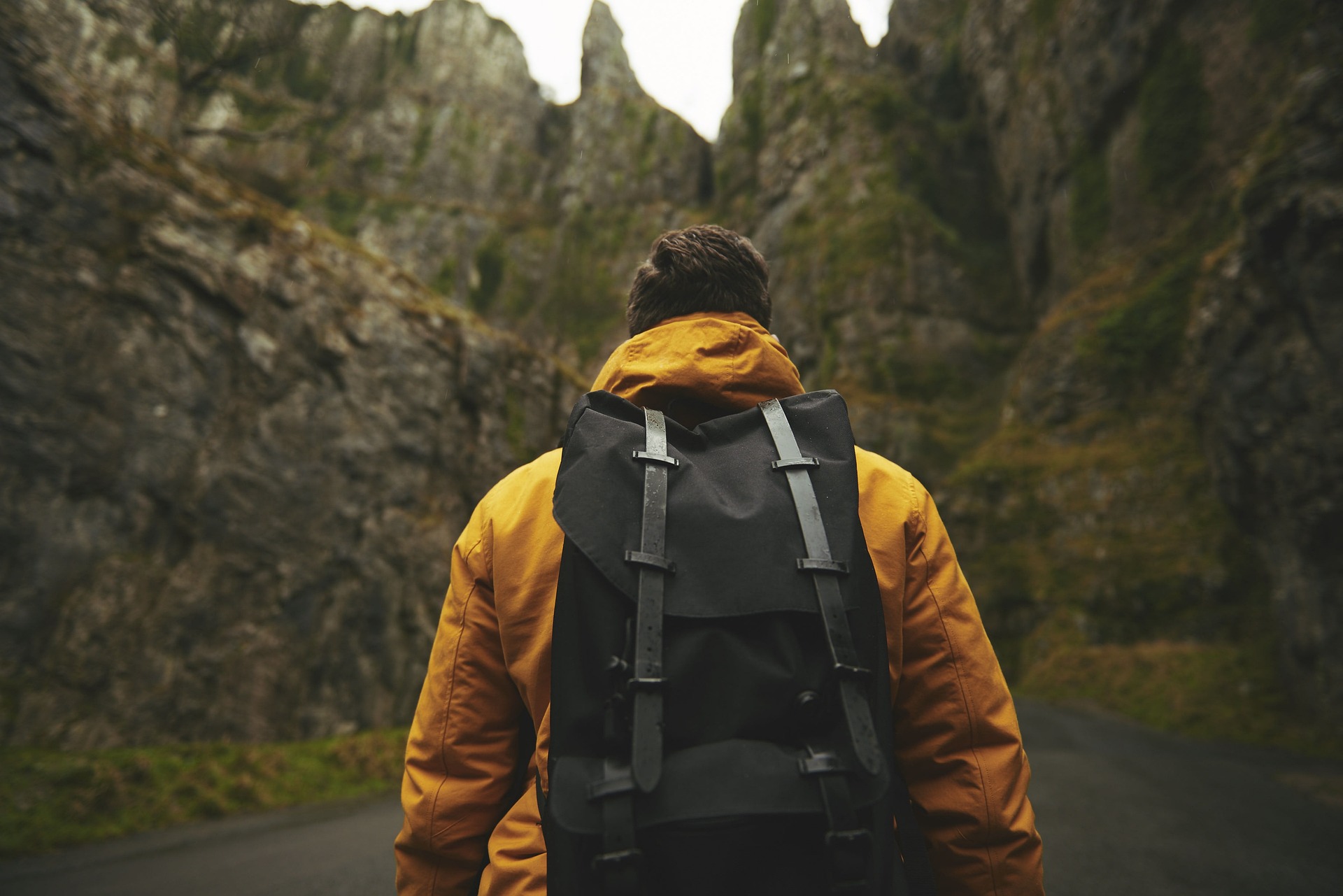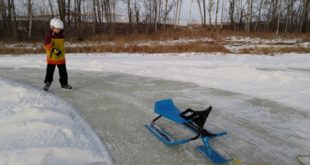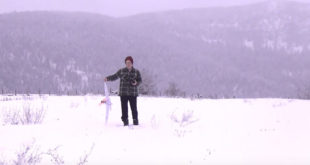In November I was introduced to a whole different level to hiking. A friend who was passing through Bolivia suggested we try to summit Illimani (6400+ M). I had never done anything with crampons and ice axes before, other than a bit of climbing on a climbing wall. In fact, being in Bolivia I hadn’t actually brought any gear except for an icebreaker merino wool base layer. That exercise showed me very clearly the importance of quality gear, travelling with people you can trust and the importance of being in good shape.
 I should have paid a bit more attention to the gear when we were given it, rather than get lost in the prospect of doing something I never had done before. We borrowed our climbing and sleeping gear from the guide, including backpacks. The packs were made by high sierra (a Chilean company whose gear looks expensive, but who hasn’t quite gotten the comfort level right). Even with reasonably light packs, after three days my shoulders, back and waist were killing me. There wasn’t enough padding on the waist belt and the shoulders, even though they hardly carried any weight. It would have been nicer to take my regular Swiss army daypack that I got for carrying my laptop around with me.
I should have paid a bit more attention to the gear when we were given it, rather than get lost in the prospect of doing something I never had done before. We borrowed our climbing and sleeping gear from the guide, including backpacks. The packs were made by high sierra (a Chilean company whose gear looks expensive, but who hasn’t quite gotten the comfort level right). Even with reasonably light packs, after three days my shoulders, back and waist were killing me. There wasn’t enough padding on the waist belt and the shoulders, even though they hardly carried any weight. It would have been nicer to take my regular Swiss army daypack that I got for carrying my laptop around with me. Next came the down sleeping bag, It was North Face (or so it said). It would have been great, except for 1 thing: it was old and overused. Don’t get me wrong, I’m not a snob that won’t use old gear. There’s just one thing, it needs to do what it’s supposed to do. The “sleeping” (Spanish name for sleeping bag… no joke) was missing more than half its down. That just doesn’t cut it at 5400 meters (high camp).
The Doite tent was actually pretty good, although a bit large and bulky.
As for clothes, I wore my tatoo ripstop nylon pants until the actual ice work and almost exclusively wore an Icebreaker 150 base layer wool shirt with a t-shirt overtop (review coming later… of the icebreaker gear). My friend wore katmando’s version of the same and was absolutely fine (although being used to a New Zealand climate he needed a second layer).
The only other thing that I didn’t know about was the crampons. On a steep descent one of them fell apart twice. Not exactly a risk you want to take on a mountain that has claimed the lives of at least 6.
I take at least partial responsibility for not checking or knowing the gear, so I chalk it down to an opportunity to learn from mistakes and be prepared next time.
The scenery was amazing, and this being my first time ice climbing, I’m sure I will never forget it.
 The Outdoor Adventure Giving you tips, tricks & recommendations to help make adventuring in the Outdoors fun, safe & exciting for you and your kids.
The Outdoor Adventure Giving you tips, tricks & recommendations to help make adventuring in the Outdoors fun, safe & exciting for you and your kids.





